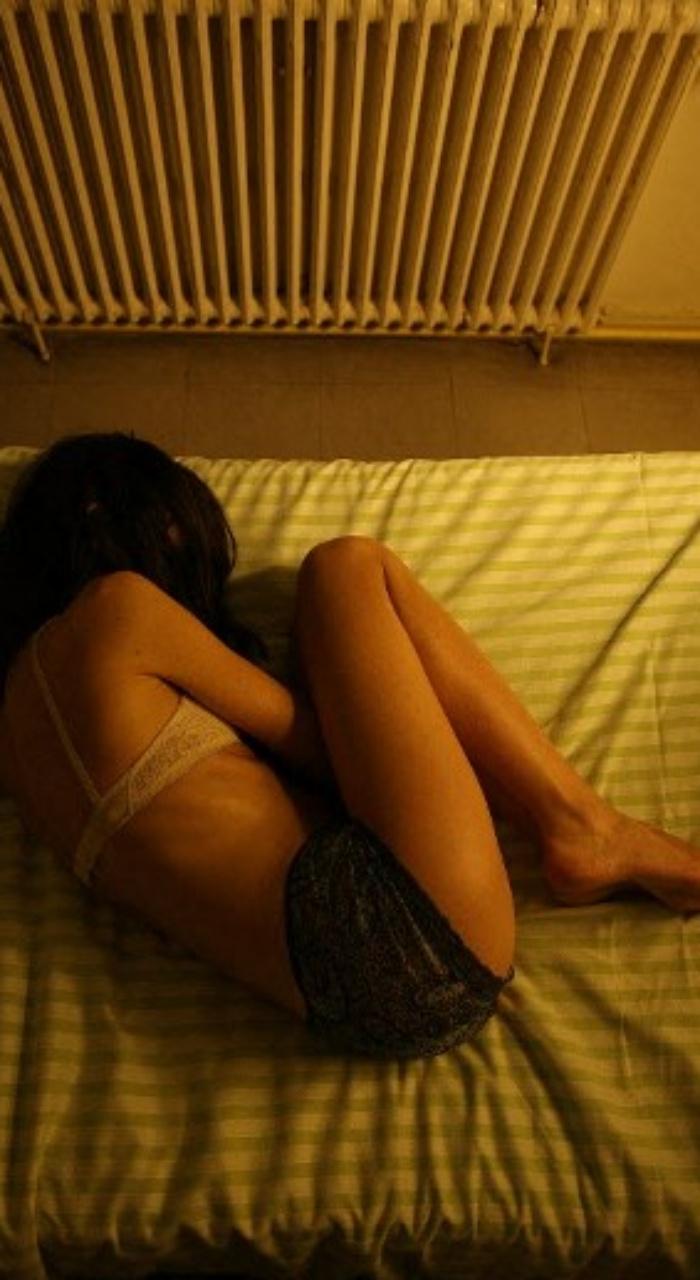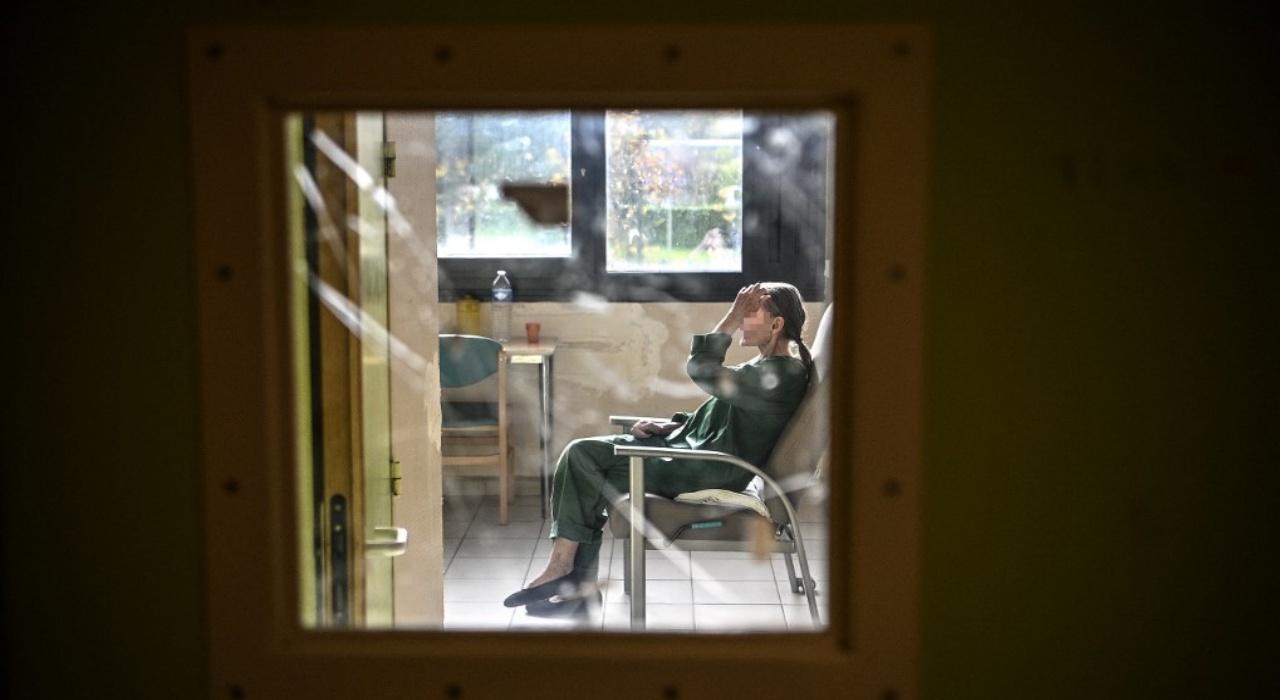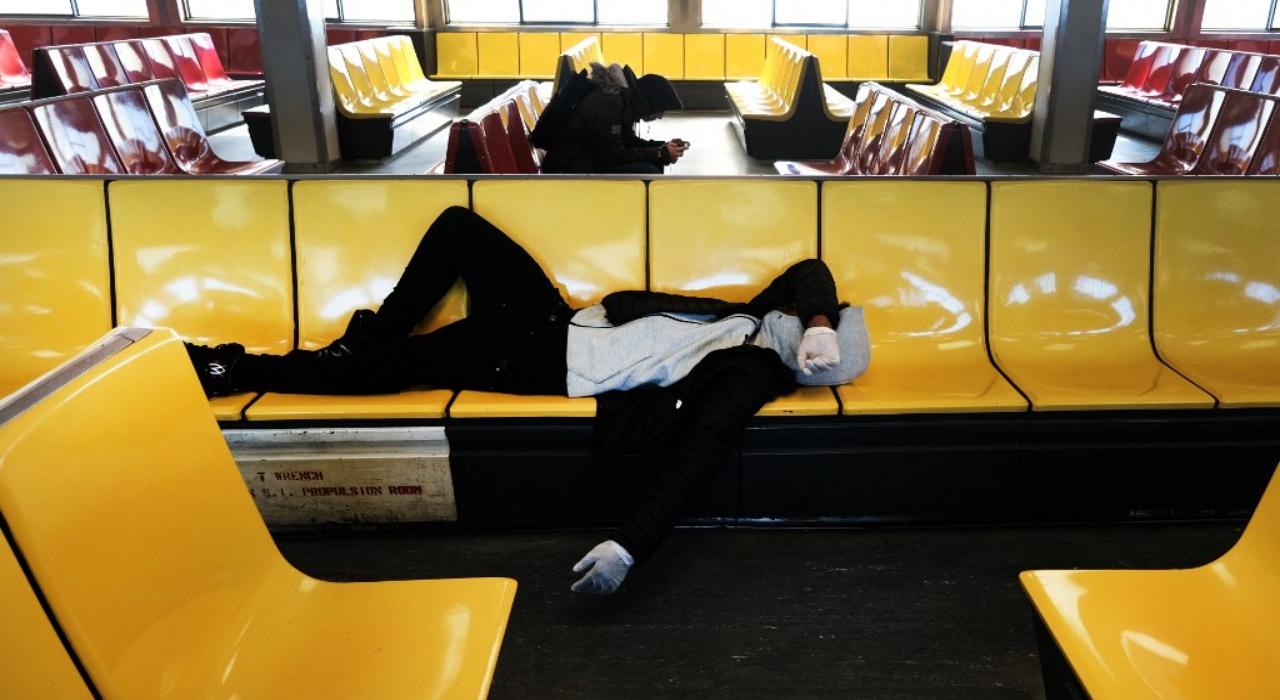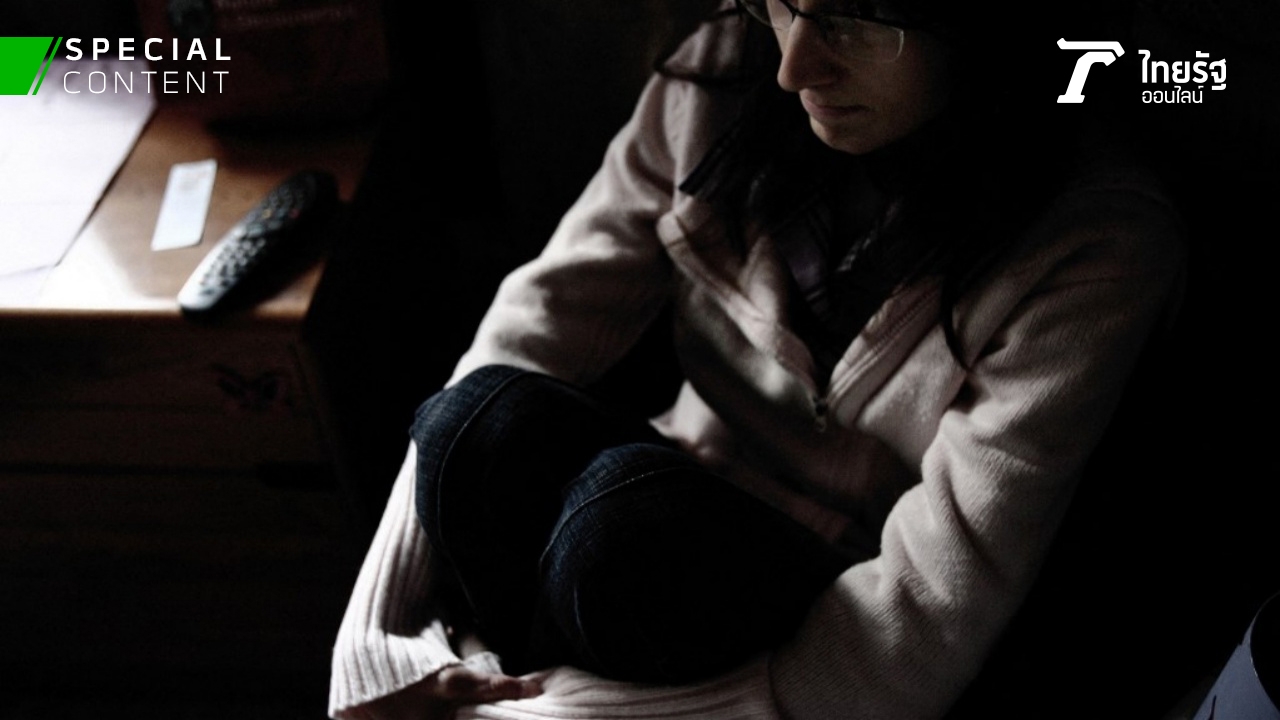It is well known that COVID-19 The epidemic continued for nearly 2 years, affecting every occupation, age group and ethnicity. The school had to shut down. Many offices must be temporarily closed. Even sporting events have to postpone or cancel the competition. And most importantly, spacing measures are widely used around the world. In order to prevent the outbreak quickly Which is due to these factors In particular, abstaining from socializing seems to have the greatest impact on youth groups.
—
Featured News
–
—
This is not the first time this point has been discussed. Because earlier studies have been conducted on the effects of COVID-19. To the mental health of the patient Including the mental health of those who are not ill But unable to adapt to drastic changes in lifestyle In a recent study collected by the US Centers for Disease Control and Prevention, 63 percent of the population aged 18-24 had symptoms of anxiety and depression, while 25 percent had problems coping with stress. And 25 percent more thought of suicide.
–

Dr. Shee Kharsa Sena, professor of mental health at Harvard Medical School, said the effects of COVID-19 That affects mental health is found widely in the young age group. The numbers were found to suggest that two-thirds of these people had symptoms of anxiety, depression, and other mental health problems. Even though the COVID-19 epidemic is over, 10 percent of youths with psychosis are mentally ill. Will not disappear And also have to deal with long-term illnesses Which will affect work efficiency And educating them By the outbreak of this disease, most people are unemployed. Some people have a lot of income. And still don’t know what the future will lead to The group that will have to adapt a lot is the early adults. And late adults To deal with the changing life stages
Data from the US National Alliance of Mental Illness shows that 50 percent of the mentally ill suffer from lifelong symptoms. The illness began to develop at the age of 14, and 75 percent had developed symptoms at the age of 24.

While the mental health network The survey concluded that 80 percent of university students admit that COVID-19 adversely affects their mental health. Which experts have expressed concern that If the person starting to have an impact on their mental health does not turn to a doctor. Or seek professional help It may become a chronic disease in the long run.
Dr. Sarah Lipson, Associate Professor of Policy, Law, Health and Management Boston University states that students of color And low income Faced with mental states Often there is a hard time accessing treatment. Because of the high cost And not reachable Which this group of children is a group that can not continue to study at a high level Or degree Which is the group that experts worry the most

–
Anxiety And depression on the rise
Dr. Sazena explains the picture that the plague will turn into a huge storm. That increases mental illness From the formation of anxiety and loss which can lead to depression Causing the young crowd to get lost Especially educational and career opportunities
For a group of people aged 21-25, this is the time to expand their lives. With new relationships and new things, but everything has come to an end. It is a difficult time when a period of life will come to a halt when it should be a period of rapid development. The job market of the young people they should have started It’s hard to guess Which inevitably caused stress

Loneliness and social isolation
The American Institute of Mental Health found that in April. And last year September, 70 percent of the population felt isolated and isolated, a major contributor to mental health problems. The alienation I mention is being separated from the others. And loneliness will join as well
–
We humans can feel lonely even when we are with other people. But both loneliness And being separated Will be an important factor affecting health And even communication between each other in the epidemic still needs to be spaced. Which is extremely unfortunate
Dr. Sazena also stated that Social spacing Should be called Body spacing Which is separate from reducing social interaction Most people are forced to follow the measures they have put in place. But there should be efforts to find a way of communication. And interacting in other ways
Jordan Corcoran, founder of Listen Lucy, a mental health organization, said: She was diagnosed with generalized anxiety disorder and panic disorder at the age of 19 until now she is 33 years old. This time was a huge challenge. She opened up that she had to try every minute, every minute. Day to control her anxiety And detention is a key part of dealing with mental illness. Even nowadays she can help And offers advice for others to fight their illness But you still have to fight with your own mind every day as well. And don’t know how long to fight it
What can we do?
Dr. Sazena states that if it is stress from work, such as overwork. That is not an employee lay-off Or restructuring Employers can reach out to help a lot. Which he must recognize that when people experience stress There is a chance that it can lead to mental symptoms If the employer allows them to provide psychological counselors to employees. As well as pay attention to this matter Will be able to best help the situation at this time
At the same time, in educational institutions, they should provide resources for students to receive psychological counseling. Or arrange training for staff of various faculties To give them a complete understanding of the mental health problem among students. And can give advice and cope Because believe that if the outbreak of the disease continues to extend More and more students with mental health problems will be found.
Author: Ajumma Opal
Origin: ABC News, Florida News Times, New Europe Dot EU
— .


